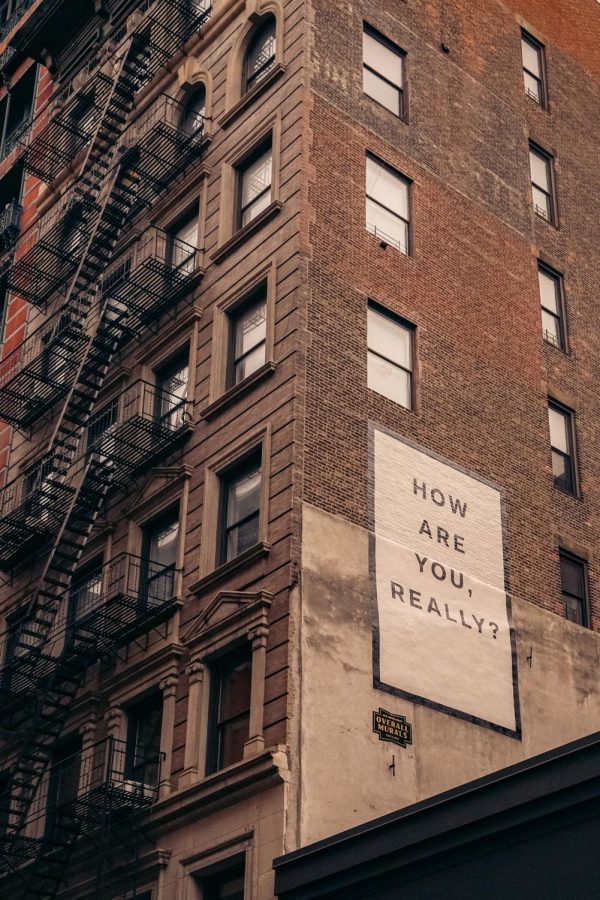Mental Health and the COVID-19 Crisis
December 7, 2020
It’s no surprise that the COVID-19 pandemic has affected the mental health of people all across the world. Quarantine and lockdowns can have a detrimental effect on the human psyche if measures are not taken to ensure socially distanced contact or contact over the Internet while observing the rules and guidelines. Googling “mental health and COVID-19” brings up a map of cases in the last 14 days in your area and five tips for coping, including pausing and noticing how you feel, taking breaks from upsetting contact, taking care of your body, reaching out and staying connected, and seeking help if you are feeling overwhelmed or unsafe. Each of these tips, when clicked on, opens a dropdown menu with more details and tips for following the suggestions.
The World Health Organization and the Center for Disease Control both have articles on their sites about coping with the stress and effects of the pandemic (both of which will be linked below), and the CDC’s article includes an extensive list of those who may be more affected by the pandemic than others, which includes people with disabilities or developmental delays, those with underlying health conditions, and those who cannot access informational material in their mother tongue. The CDC also recommends seeking mental help from a licensed professional if stress is starting to affect one’s daily life or if one is in a crisis. The CDC also has guidelines for recovering from COVID-19 and ending home isolation and emotional reactions that may be included in either of those two things.
Research from the Kaiser Family Foundation on the impact of COVID-19 on the country’s mental health as a whole is revealing a disturbing trend. In May of 2020, 39% of adults in the US over the age of 18 reported that worry and stress related to COVID-19 was affecting their mental health, and only three months later, in July, that number had increased to 53%. According to some other research from the KFF, different ethnic groups had different levels of stress as well, with older Hispanic adults reporting anxiety and depression at a higher rate than other ethnic groups (studied groups including non-Hispanic White adults, non-Hispanic Black adults, and non-Hispanic Asian adults).
With no clear end in sight to the COVID-19 pandemic, it can be easy to be bogged down by the fear that this crisis will never clear up and that life in America has changed forever. While we can neither confirm nor deny that things will be different after a pandemic of this scale, Americans have always risen above crises in the past, and we will continue to do so. If students are noticing increasing anxiety or depression, they are encouraged to contact Student Health Services or the Northern Prairie Community Clinic for support, both of which are located here on campus (if they feel comfortable doing so). Student Health Services can be reached at (701)777-4500, and the Northern Prairie Community Clinic can be reached at (701) 777-3745.
For more information, please go to https://www.cdc.gov/coronavirus/2019-ncov/daily-life-coping/managing-stress-anxiety.html.
Kaitlyn Willett is a Dakota Student News Writer. She can be reached at kaitlyn.willett@und.edu


